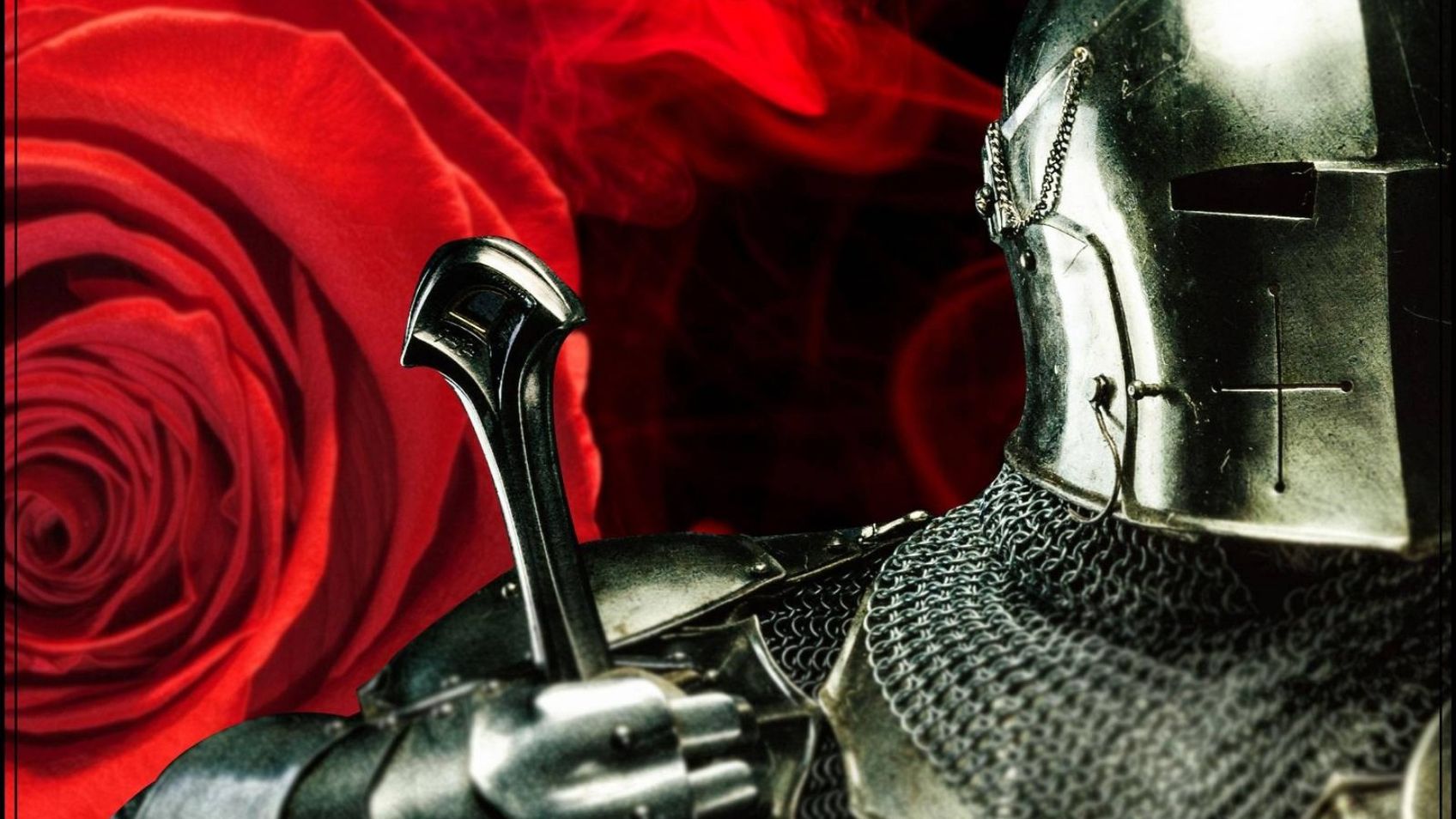Former Muslim Hatun Tash: Debating Islam, Part 1

Wintery Knight and Desert Rose welcome our first guest onto the show. Hatun Tash is a former Muslim who was born in Turkey. We discuss the importance of perfect preservation of the Qur'an in Islam, and compare different translations to see if they all agree. We discuss Hatun's experiences discussing her Christian faith with Muslims in different countries. This is the first episode in a two part series.
Please subscribe, like, comment, and share.
Show notes: https://winteryknight.com/2023/09/09/knight-and-rose-show-episode-38-former-muslim-hatun-tash-part-1
Subscribe to the audio podcast here: https://knightandrose.podbean.com/
Audio RSS feed: https://feed.podbean.com/knightandrose/feed.xml
YouTube: https://www.youtube.com/@knightandroseshow
Rumble: https://rumble.com/c/knightandroseshow
Odysee: https://odysee.com/@KnightAndRoseShow
Music attribution: Strength Of The Titans by Kevin MacLeod Link: https://incompetech.filmmusic.io/song/5744-strength-of-the-titans License: https://filmmusic.io/standard-license
More From Knight & Rose Show






More on OpenTheo















